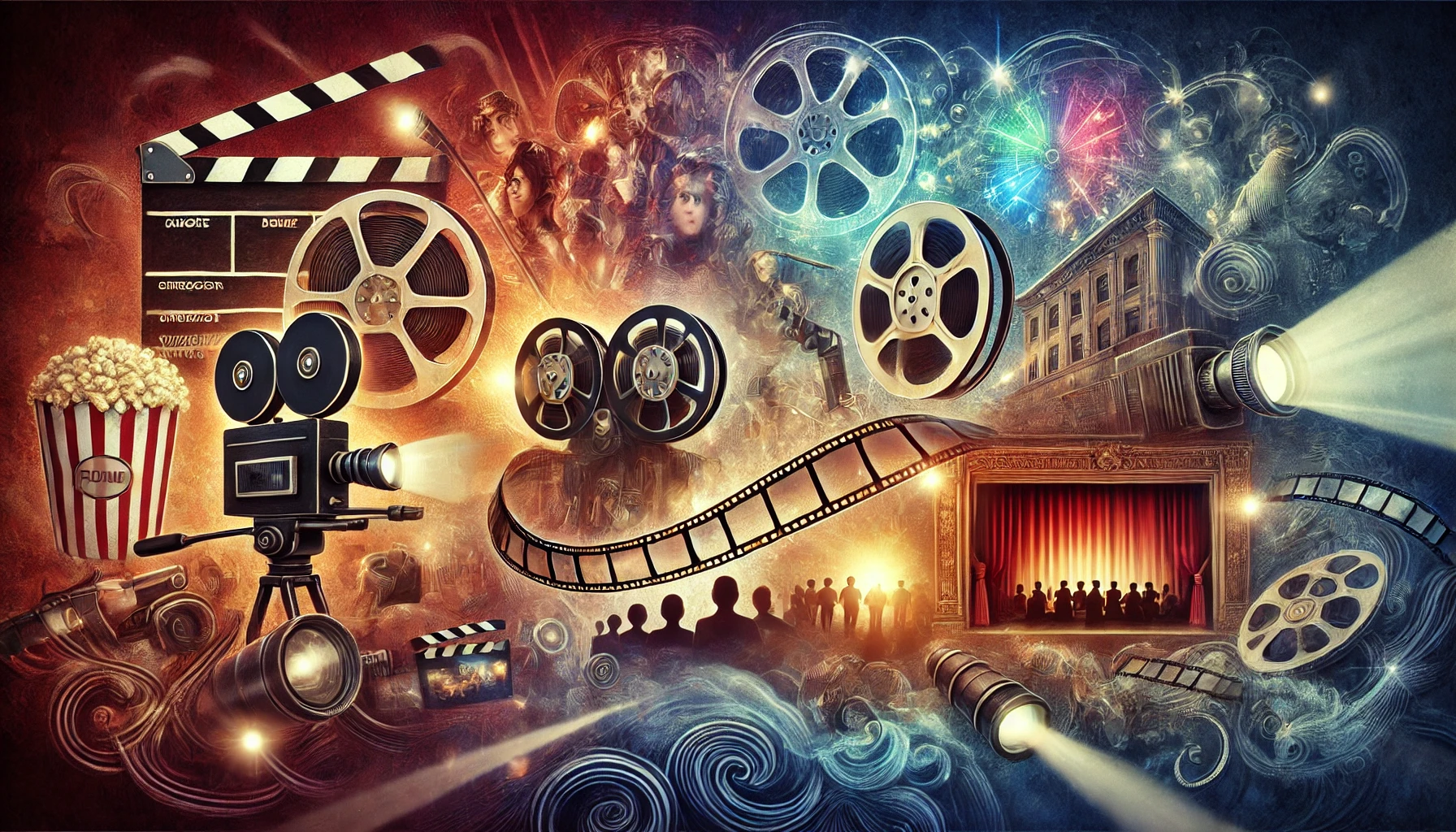Films are a powerful art form that transcends borders, languages, and cultures. From silent black-and-white classics to the vibrant, visually stunning blockbusters of today, cinema continues to shape our world by reflecting society, challenging norms, and sparking imagination.
A Brief History of Cinema
Cinema began in the late 19th century with the invention of motion pictures. Early pioneers like the Lumière brothers and Georges Méliès laid the foundation for storytelling through moving images. Over time, technological advancements such as sound, color, and digital effects revolutionized filmmaking, giving rise to new genres and styles.
The Impact of Films
- Cultural Reflection: Films often mirror societal values, struggles, and triumphs. Movies like 12 Angry Men and Parasite delve into societal issues, making viewers reflect on justice, class divides, and human behavior.
- Escapism and Entertainment: Films offer a temporary escape from reality. Whether it's an action-packed Marvel movie or a heartwarming romantic comedy, they provide joy and relaxation.
- Inspiration and Education: Films can educate and inspire. Historical dramas like Schindler's List teach about significant events, while movies like The Pursuit of Happyness inspire perseverance.
The Evolution of Genres
Cinema encompasses diverse genres, each appealing to different audiences. Romance, thriller, horror, comedy, and science fiction have evolved, blending elements to create hybrid genres. For instance, Get Out combines horror with social commentary, pushing boundaries.
The Role of Technology
Technological advancements, from CGI to virtual reality, have transformed storytelling. Movies like Avatar and Dune showcase the seamless integration of visual effects, creating immersive experiences. Streaming platforms like Netflix and Disney+ have further democratized access to films, allowing audiences worldwide to enjoy cinematic masterpieces from the comfort of their homes.
The Magic of Filmmaking
Behind every great film lies an intricate process involving writers, directors, actors, and crew members. From scripting and casting to editing and marketing, filmmaking is a collaborative art. Directors like Christopher Nolan, Greta Gerwig, and Bong Joon-ho have mastered the craft, producing films that leave a lasting impact.
Conclusion
Films are more than just entertainment; they are a medium of expression, education, and innovation. They connect people across the globe, sparking conversations and uniting us through shared emotions. As technology advances and stories evolve, cinema will continue to captivate audiences, making us laugh, cry, and think deeply about the world we live in.

